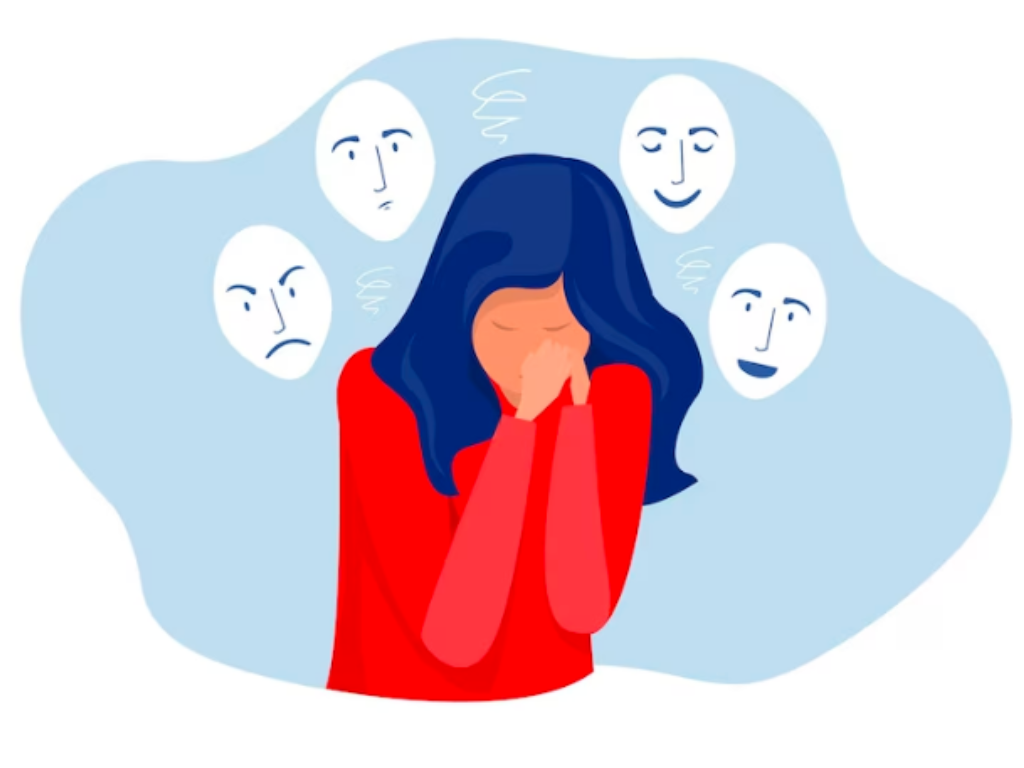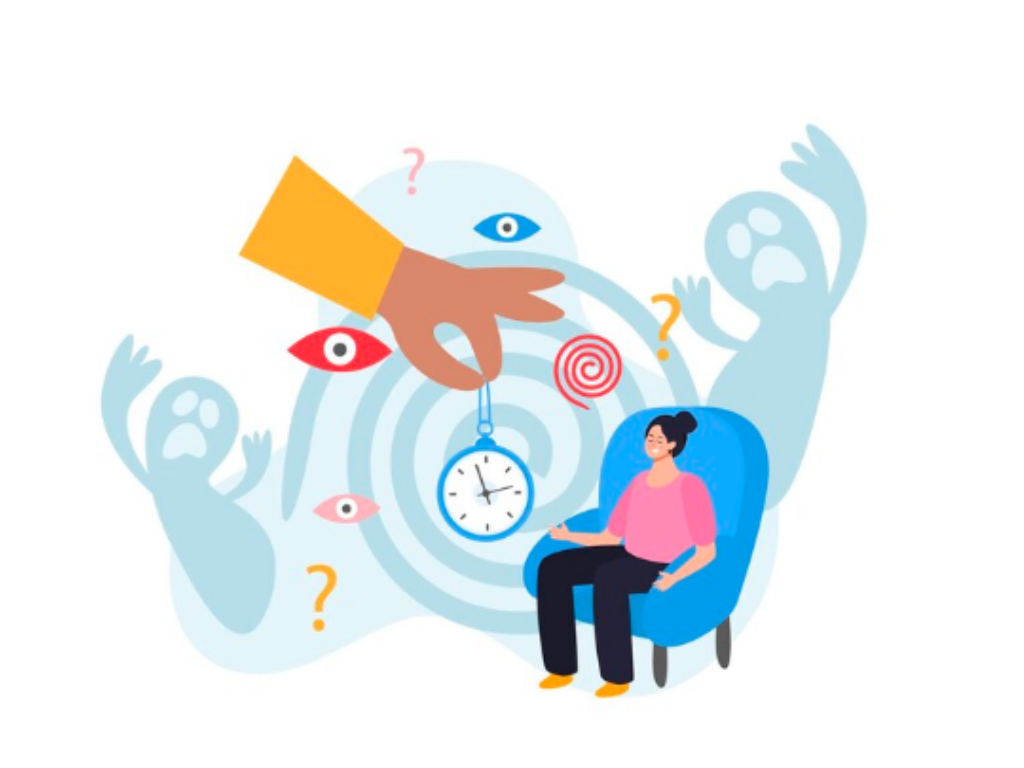As the understanding of mental health continues to evolve, it’s crucial to recognize the various types of mental health disorders that can affect individuals. In this article, we’ll explore the four primary categories of mental health disorders, including anxiety disorders, mood disorders, personality disorders, and psychotic disorders. By gaining insight into these different types of mental health challenges, we can foster greater awareness, understanding, and empathy for those who may be experiencing them.
Anxiety Disorders

Generalized Anxiety Disorder (GAD)
Generalized Anxiety Disorder (GAD) is characterized by excessive and uncontrollable worry about various aspects of life, often without a specific cause or trigger. Individuals with GAD may experience persistent anxiety and find it challenging to control their worrying thoughts. This can lead to physical symptoms such as restlessness, irritability, muscle tension, and difficulty concentrating. GAD can significantly impact daily functioning and overall quality of life, making it essential to seek professional support and treatment.
Panic Disorder
Panic Disorder is marked by recurrent and unexpected panic attacks, which are intense periods of fear or discomfort that peak within minutes. These attacks can be accompanied by physical symptoms such as heart palpitations, sweating, trembling, and a sense of impending doom. Individuals with panic disorder may develop a fear of experiencing future panic attacks, leading to avoidance behaviors and lifestyle limitations. Through therapy, medication, and coping strategies, individuals with panic disorder can manage their symptoms and improve their well-being.
Social Anxiety Disorder (SAD)
Social Anxiety Disorder (SAD), also known as social phobia, involves an intense fear of social situations and interactions. Individuals with SAD may feel exceedingly self-conscious and anxious in social settings, leading to avoidance of social gatherings, public speaking, and other interpersonal activities. This can impact relationships, career opportunities, and overall social functioning. By engaging in cognitive-behavioral therapy and gradually confronting feared social situations, individuals with SAD can work towards reducing their anxiety and enhancing their social confidence.
Social Anxiety Disorder (SAD), also known as social phobia, involves an intense fear of social situations and interactions. Individuals with SAD may feel exceedingly self-conscious and anxious in social settings, leading to avoidance of social gatherings, public speaking, and other interpersonal activities. This can impact relationships, career opportunities, and overall social functioning. By engaging in cognitive-behavioral therapy and gradually confronting feared social situations, individuals with SAD can work towards reducing their anxiety and enhancing their social confidence.
Mood Disorders

Depression
Depression is a pervasive and debilitating mood disorder that can manifest in various forms, including major depressive disorder, persistent depressive disorder, and seasonal affective disorder. Common symptoms of depression include persistent feelings of sadness, hopelessness, and emptiness, as well as changes in appetite, sleep disturbances, fatigue, and diminished interest in previously enjoyable activities. Depression can have a profound impact on all aspects of life, and it’s crucial for individuals to seek professional help, engage in therapy, and explore medication options to manage their symptoms effectively.
Bipolar Disorder
Bipolar Disorder is characterized by fluctuations in mood, ranging from episodes of intense mania or hypomania to periods of depression. During manic episodes, individuals may experience elevated mood, grandiosity, impulsivity, and reduced need for sleep. Conversely, depressive episodes involve the typical symptoms of depression. These mood swings can disrupt daily functioning and interpersonal relationships, emphasizing the importance of proper diagnosis, mood stabilization through medication, and ongoing support through therapy for individuals with bipolar disorder.
Personality Disorders

Personality Disorders encompass a range of enduring patterns of inner experience and behavior that deviate from societal expectations. These patterns can lead to distress or impairment in various areas of functioning. Examples of personality disorders include borderline personality disorder, narcissistic personality disorder, and obsessive-compulsive personality disorder. While personality disorders can present significant challenges, individuals can benefit from specialized therapy that focuses on developing coping skills, self-awareness, and healthier relational patterns.
Psychotic Disorders

Psychotic Disorders involve disturbances in thinking, perception, and behavior, often leading to a detachment from reality. Schizophrenia is one of the most well-known psychotic disorders, characterized by symptoms such as hallucinations, delusions, disorganized thinking, and reduced emotional expression. Psychotic disorders can significantly impact an individual’s ability to function in daily life, necessitating comprehensive treatment approaches that may include medication, therapy, and community support services.
Conclusion
In conclusion, gaining a comprehensive understanding of the four primary types of mental health disorders— anxiety disorders, mood disorders, personality disorders, and psychotic disorders— is essential for promoting mental health awareness and empathy within society. By recognizing the diverse ways in which mental health challenges can manifest, we can work towards reducing stigma, increasing access to mental health resources, and providing support for individuals who may be navigating these difficulties. It’s imperative to continue fostering open conversations about mental health, advocating for the implementation of mental health courses, and prioritizing the well-being of individuals experiencing mental health disorders.


